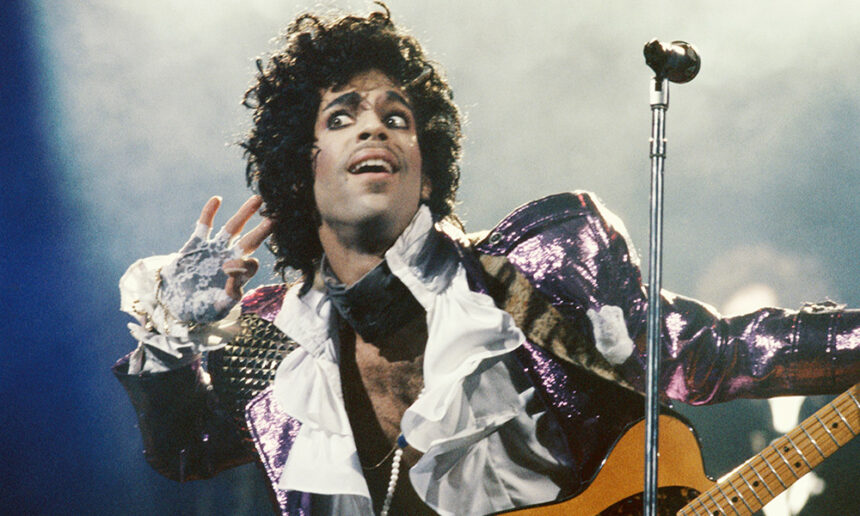In the world of documentary filmmaking, few names carry as much weight as Ezra Edelman. The Oscar-winning director of OJ: Made in America has long been celebrated for his ability to weave complex narratives into compelling, thought-provoking films. But his latest project, a 9-hour deep dive into the life of Prince, has been unceremoniously shelved by Netflix—and Edelman isn't holding back.
The Controversy:
Last month, Netflix canceled Edelman's ambitious documentary, The Book of Prince, citing concerns from Prince's estate. The estate reportedly called the film “dramatic” and filled with “sensationalized” inaccuracies, a claim Edelman vehemently denies. “You think I have any interest in putting out a film that's factually inaccurate?” he retorted in a recent interview.
Edelman revealed that the estate submitted a 17-page document critiquing his work, but he insists the feedback was largely about editorial choices rather than factual errors. “The short-sightedness of a group of people whose interest is their own bottom line,” he said, “is what I find most galling.”
The Bigger Picture:
This isn't just about one documentary. Edelman warns that the trend of “sanitized” and “slop” celebrity docs—driven by corporate interests and estate approvals—threatens the integrity of the genre. His film, which reportedly delved into Prince's struggles with sex, drugs, and alleged abusive behavior, was poised to offer a raw, unfiltered look at the enigmatic musician. Instead, Netflix greenlit an estate-approved doc, leaving Edelman's vision on the cutting room floor.
The Fallout:
For Edelman, the cancellation is deeply personal. “I'm not Prince, but I worked really hard making something, and now my art is being stifled and thrown away,” he lamented. The director, who hasn't released a film since his 2016 masterpiece, sees this as a blow not just to his career but to the art of documentary filmmaking itself.
Ezra Edelman's clash with Netflix and Prince's estate is a stark reminder of the challenges filmmakers face when tackling the lives of iconic figures. While estates have a right to protect their legacy, the line between preservation and censorship can blur dangerously. Edelman's frustration is palpable, and his warning about the demise of authentic celebrity docs is worth heeding. In an era where streaming platforms prioritize sanitized, crowd-pleasing content, will we lose the raw, unvarnished stories that truly define our cultural icons? What do you think—should estates have the final say in how celebrities are portrayed, or should filmmakers be given free rein to tell their stories?












